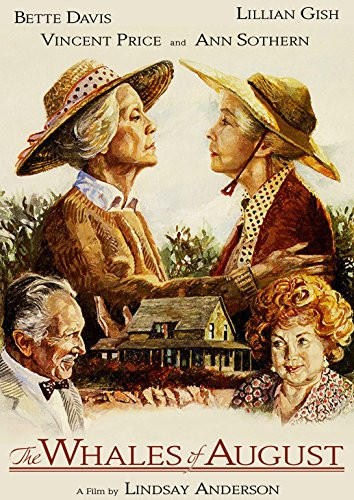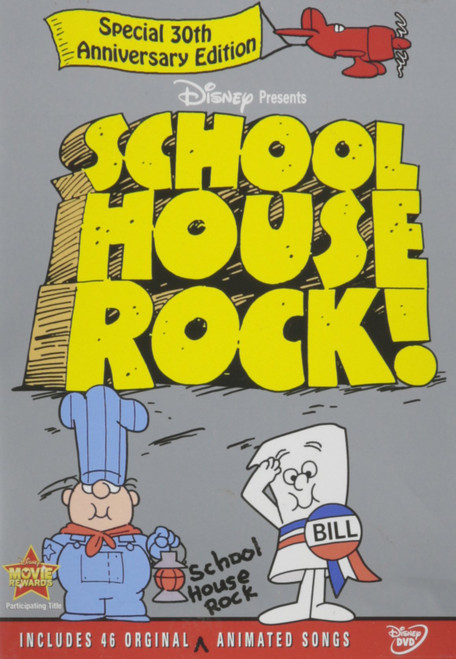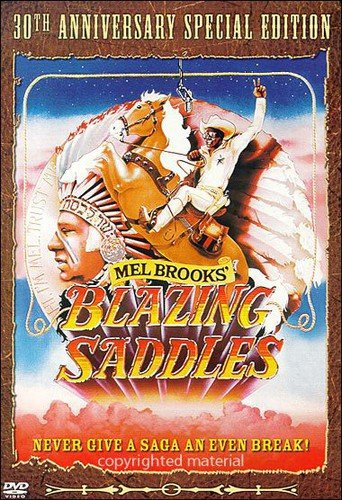Wattstax: Special Edition, The (DVD)
Whatcha See Is Whatcha Get says the opening song. Wattstax, the dynamic film of the 1972 Los Angeles event attended by over 100 ,000 concertgoers and first billed as the black Woodstock, gets ya plenty. Its performances burn with vitality. Its forays into the neighborhood are a time capsule of pride and pain. And the Richard Pryor comedy riffs that provide the films running commentary are a treasure all by themselves. New generations can now experience this Special Edition that restores the films infamous lost ending performances by Isaac Hayes. Funk, R & B, Gospel, Blues, Soul whatever your groove is, its here, with a sparkling, remastered soundtrack. You havent gotten down till youve flapped to Do the Funky Chicken. Spread your wings!
Amazon.com They called Wattstax the "black Woodstock," but there are many differences between that seminal hippie event and the 1972 concert documented in this 30th-anniversary special-edition reissue. Woodstock was all about peace, love, and music. Wattstax, held three years later in Los Angeles, had those elements as well; but as this 103-minute film reminds us, it was a more socio-politically charged event, with its emphasis on black pride and the simple opportunity for African Americans to assert that, in opening speaker Jesse Jackson's words, "I am somebody." There's also a good deal less music in this film than in the Woodstock movie. As the title suggests, a host of great Stax Records artists (including Rufus and Carla Thomas, the Bar-Kays, the Staple Singers, Albert King, and show closer Isaac Hayes) performed, but much of Wattstax doesn't even take place inside the L.A. Coliseum, where the concert was held, but rather in the churches and shops and on the streets of Watts itself (music fans would be better off checking out the Wattstax double CD). Wattstax, in fact, is much less a music movie than a chronicle of black life seven years after the Watts race riots, as well as what comedian Richard Pryor (who delivers several hilarious but scathing bits) calls "a soulful expression of the black experience." --Sam Graham






